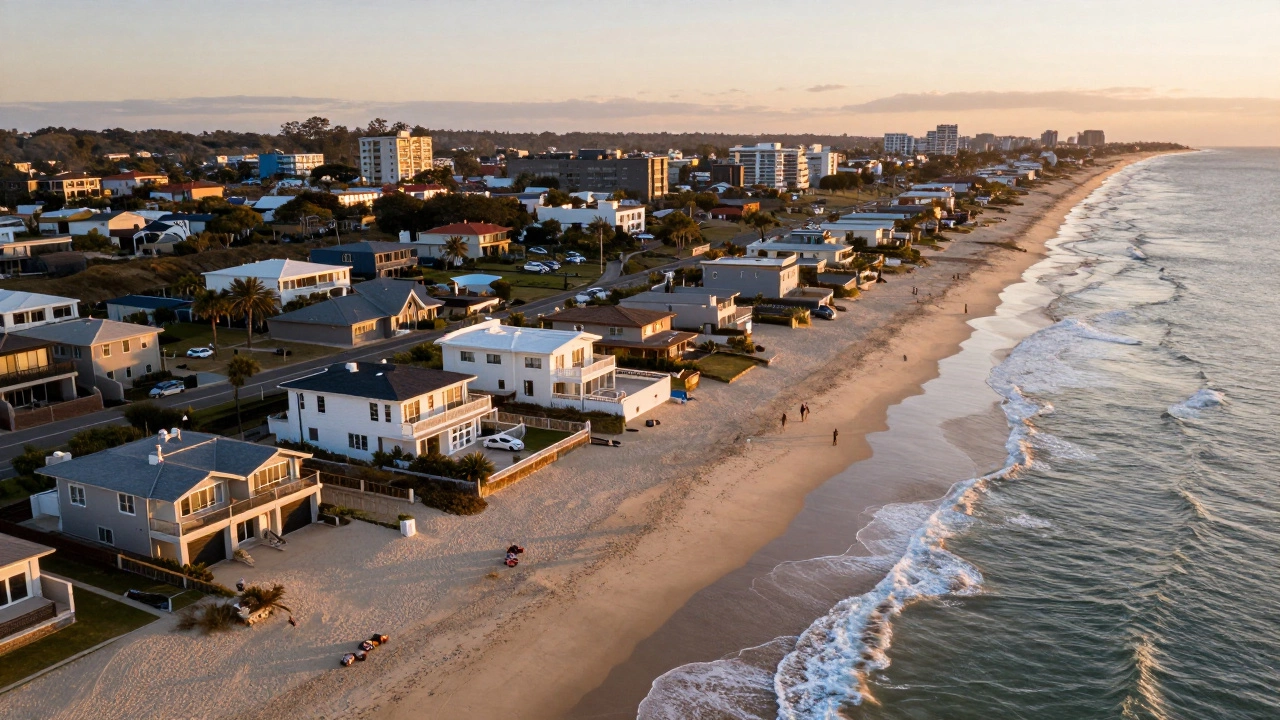Beachfront land is expensive because it's limited, highly desired, and costly to build on. Climate change and luxury resorts are making it even scarcer, driving prices higher than ever.
Beachfront Property: Your Guide to Coastal Living
If you’ve ever dreamed of stepping out of bed onto sand, you’re not alone. A beachfront property gives you that instant connection to the sea, sunrise views, and the salty breeze. It feels like a permanent vacation, but it also comes with real decisions about budget, maintenance, and location. Below we break down what to think about before you jump in, and how to find a place that fits your lifestyle without breaking the bank.
Why Choose a Beachfront Property?
First off, the view sells itself. Waking up to waves is a daily mood‑boost that many people can’t put a price on. Beyond the romance, a good beachfront spot can hold its value better than a generic house because the beach is a limited resource. You’ll also enjoy easy access to water sports, beach walks, and fresh seafood markets – all right outside your door.
But it’s not all sunshine. Salt air speeds up wear and tear on metal, paint, and even concrete. That means you’ll need a higher maintenance budget and regular inspections for things like roof leaks, rusted fittings, and sand‑filled gutters. Knowing this ahead of time helps you avoid surprise expenses.
How to Find Affordable Beachfront Deals
Start by expanding your search radius. Popular spots like Cornwall or Devon are pricey, but nearby towns often have hidden gems at a fraction of the cost. Use local real‑estate portals, talk to agents who specialize in coastal homes, and keep an eye on auction listings – sometimes you can snag a property below market value.
Check the zoning and flood risk maps. A beachfront property in a low‑risk zone will cost less to insure and be easier to finance. Also, ask about the lease terms if the land is leasehold – some leases run out in 30 years, which can affect resale value.
When you tour a property, focus on the fundamentals: structural integrity, foundation condition, and drainage. Don’t get distracted by a fancy patio or a designer kitchen if the building itself shows signs of damage. Bring a qualified inspector who knows how salty air impacts homes.
Finally, think about the lifestyle you want. Do you need a full‑time residence, a holiday let, or a mix of both? If you plan to rent it out, check local short‑term let regulations and potential rental income. A property that earns you money while you’re not using it can offset the higher upkeep costs.
In short, a beachfront property can be a dream come true, but the key is to balance the wow factor with practical considerations. Do your homework, budget for maintenance, and be flexible on location. With the right approach, you’ll find a seaside spot that feels like home without draining your wallet.
Uncover the subtle yet significant differences between beachfront and oceanfront properties that could impact your next vacation or real estate investment. From the views to proximity to the water, each option offers unique benefits. Grasp the distinction and discover valuable tips if you are considering buying or renting such properties. This insight could help you make informed decisions tailored to your needs.

